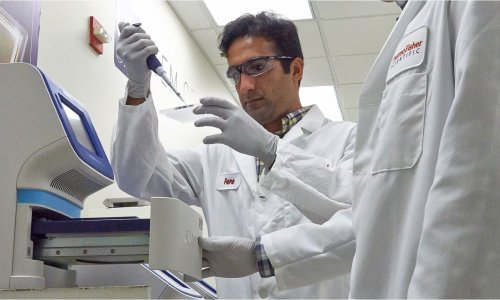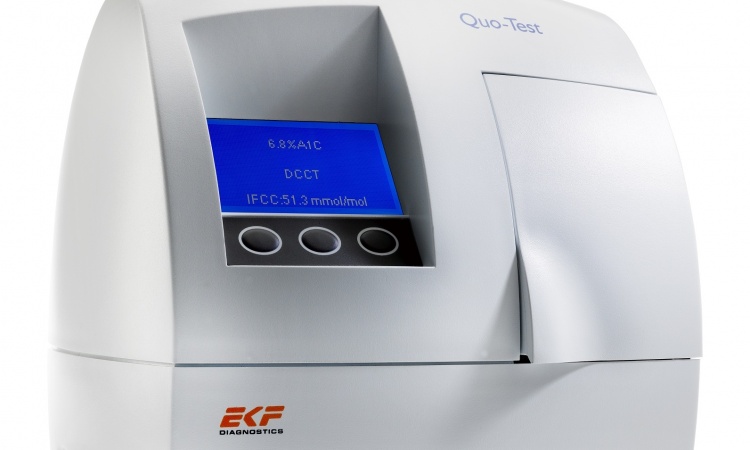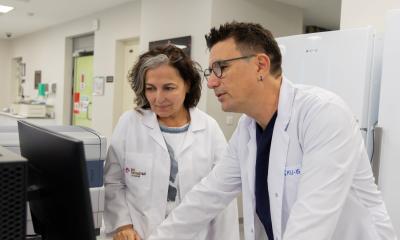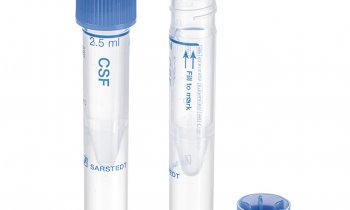Article • Infection control
Global warming: Science can only react to emerging diseases
The ‘Transmission, Prevention, and Reporting of Emerging Infectious Diseases’ program for the International Conference IMED 2016 in Vienna, this November, reflected events in the field of emerging diseases that have occurred over the last two years. Therefore, key congress topics included the Zika virus, the effects of global warming and the unusually high number of hospital-acquired infections (HAIs) caused by MERS-CoV. ‘With all emerging diseases, science can only ever react to them,’ Austrian virologist Professor Norbert Nowotny, a local scientific organiser and member of the scientific committee at IMED, told EH during the event.
Infections caused by the Zika virus present a very broad clinical picture. In 2015, when problems in the unborn babies of infected pregnant women were first observed, the cardinal symptom was microcephaly. However, it has since been discovered that the typical cerebral anomalies (reduced volume, calcifications or malformations of the cortex) can also occur in children whose heads are of normal size. The clinical picture has also been significantly extended, with malposition of the hands and legs now also frequently diagnosed. Furthermore, there are indications that an infection with the Zika virus can also lead to severe clinical symptoms in adults.
Considerable research is needed

‘The diagnosis of the Zika virus, along with all other types of Flavivirus, is still a big problem,’ Nowotny points out. With Flaviviruses, the time span in which the virus itself, or its molecular footprints (e.g. via polymerase chain reaction) can be detected is relatively short, and the serological tests available (Zika Virus Immunoglobulin-G and M) cause massive cross reactions with other Flaviviruses, such as with the pathogens causing Dengue fever, Yellow fever or West Nile fever. Considerable research is still needed, Nowotny explains.
Global warming causes the vectors for emerging diseases to spread further and further North. Although Aedes aegypti, the transmitter of Dengue fever and Chikungunya fever, has not yet managed a breakthrough into Europe, Aedes albopictus, a type of mosquito and close relative, has now spread across the entire Mediterranean, and can also function as a transmitter for both those diseases.
The international threat from holiday makers
Aedes albopictus is on the brink of crossing the Alps
Norbert Nowotny
Spread via infected holidaymakers bitten by this species of mosquito, there has already been a local Dengue fever outbreak in Dubrovnik, Croatia, and around 200 people developed Chikungunya fever in Ravenna, Italy. These outbreaks were only contained with the help of a massive chemical fight against the transmitters. ‘This shows how important monitoring systems are,’ Nowotny emphasises. This is not only important in the Mediterranean countries: ‘Aedes albopictus is on the brink of crossing the Alps,’ this leading virologist warns.
A problem from the Arabian Peninsula
‘For hospitals, MERS-CoV is a big problem,’ he stresses. There has been an unusual increase in hospital infections through this viral agent, which originates in the Arabian Peninsula. Only 5% of those infected had direct contact with dromedaries, which act as vectors for this infection, and the remaining 95% of infections were transmitted from human to human – within the family, in the community and frequently also in hospitals.
The hospital acquired infections were initially limited to Saudi Arabia but, in mid-2015, at least 186 people became infected in South Korea (of whom 36 died) after an infected traveller who had returned home from a trip to the Arabian Peninsula had sought help in several hospitals. ‘There is not yet sufficient research into the problem of why there are so many hospital-acquired infections from MERS-CoV,’ Nowotny reports.
Although travellers have now spread the virus throughout many countries there have not yet been any cases of hospital acquired infections involving the MERS Corona virus outside the Arabian Peninsula and Korea.
PROFILE:
Norbert Nowotny PhD is a Professor at the Institute of Virology in the University of Veterinary Medicine, Vienna, and Professor for Virology at the Mohammed Bin Rashid University of Medicine and Health Sciences in Dubai, United Arab Emirates. The virologist researches all aspects of infectious diseases (particularly viral related) in humans plus domestic, zoo and wild animals. He also specialises in medical and veterinary medical entomology, viral infections spread by mosquitoes and ticks, emerging infectious diseases and zoonoses. His work as local scientific organiser and member of the scientific committee at the IMED 2016 is a role he has held at five previous IMED congresses.
26.04.2017











